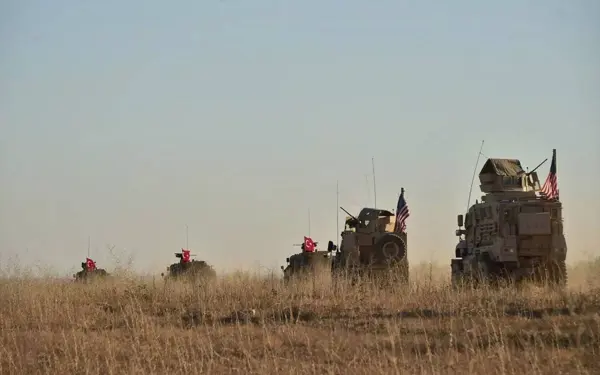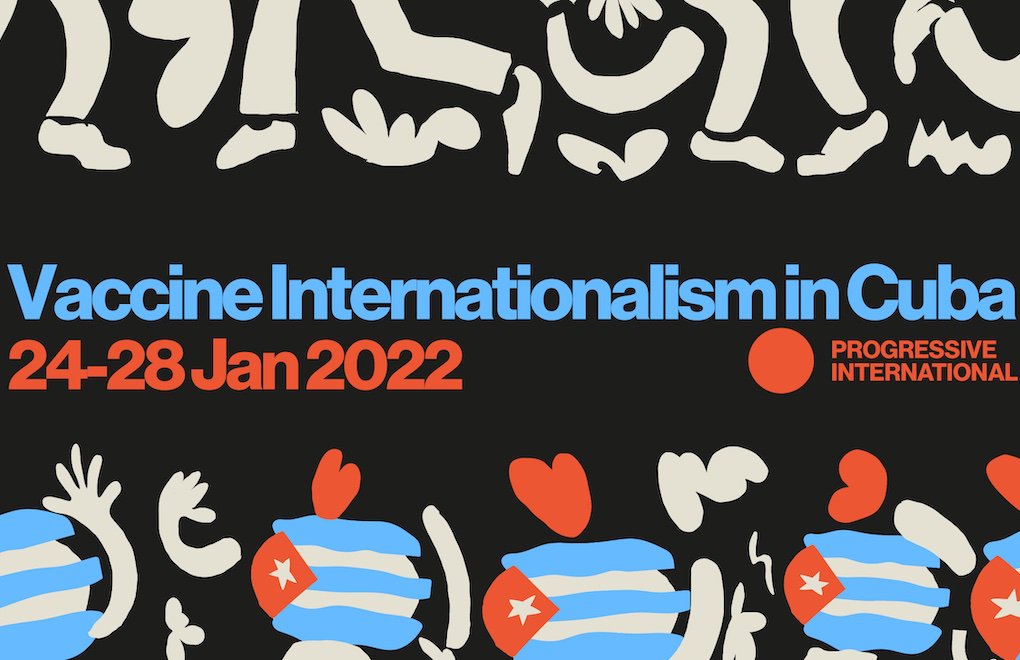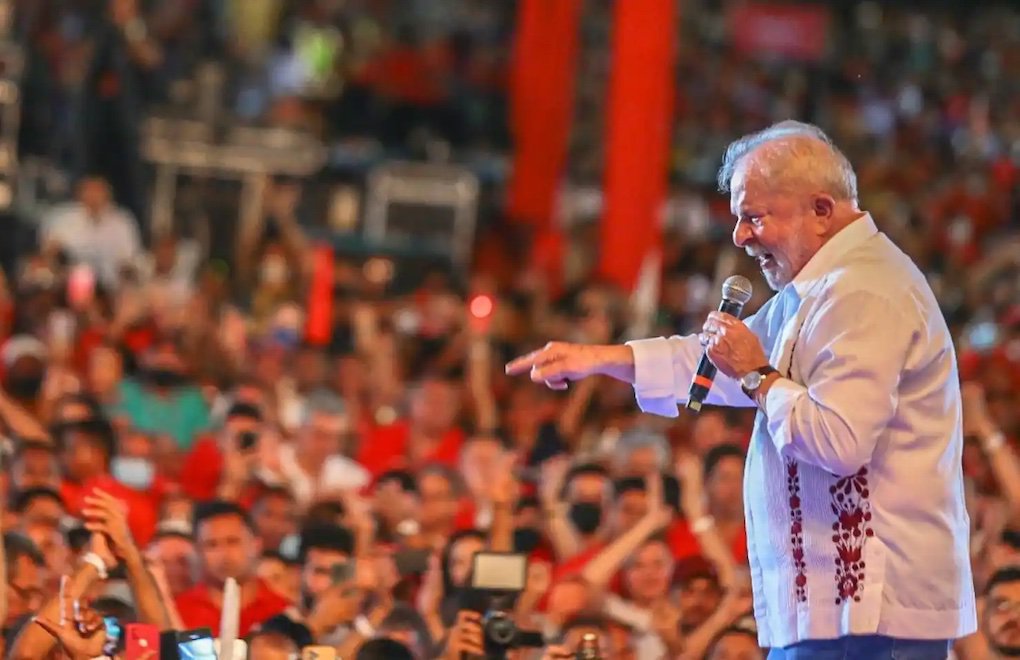Turkey Prepares to Send Troops to Afghanistan
The parliament on Wednesday approved a bill ''to deploy troops in other countries and host foreign troops in Turkey.''
''It is natural for Turkey to support the United States who has always been helping Turkey in its war against terrorism. The operation launched by the United States is in the interests of all humanity. Turkey should contribute to the operation as much as possible,'' said Prime Minister Bulent Ecevit, in a note to parliament.
A team of 50 high-ranking Turkish officers, headed by a three-star general, has travelled to the United States, to discuss the integration of Turkish troops into the allied command, and control, chain.
Turkish government plans to deploy at least 300 soldiers from the ''special warfare unit'', which has been fighting Kurdish insurgents for 15 years, in Afghanistan to operate under the ''allied command'' as soon as the land operations begin.
The government's involvement in Afghanistan has broadened after talks with U.S. Defence Minister James Rumsfeld who visited Ankara on the eve of the U.S. retaliatory attacks on Afghanistan.
''Turkey has once again become a frontline country, in the Western alliance,'' said Foreign Minister Ismail Cem, after an emergency weekend meeting with Prime Minister Ecevit following Rumsfeld's visit.
Robert Pearson, U.S. Ambassador to Ankara, urged Turkey to allow the NATO air base in the southern city of Incirlik to become a ''vanguard base'' for the allied air strikes.
But Ankara is worried that the United States may extend the operation to other countries.
In a letter to UN Security Council on Tuesday, the United States said ''the operation might target other countries and other organisations'' than Afghanistan and Al Qaeda of Osama bin Laden, implying Iraq.
Ankara is worried that if Saddam Hussein's regime collapses, under U.S. military pressure, a Kurdish state may emerge in northern Iraq and threaten Turkey. Ankara has denied the right of self-determination to its Kurdish population whose rebels have been fighting for 15 years.
Like other Muslim countries, the Turkish public also is against Ankara's support for the United States.
''The public is very much against Turkey's involvement in the America's war,'' says Filiz Karakus, women's rights activist in Istanbul.
''Our weekend protest demonstration in Istanbul was forcibly stopped by riot police,'' she told IPS. ''And this happens when parliament amends the Constitution for broader civil rights.''
Karakus and 35 other women were detained on Sunday during a protest rally against U.S. attacks in Afghanistan.
An opinion poll, by a research firm ''Strateji-Mori'', shows that 80 percent of those interviewed oppose Turkey's troop deployment in Afghanistan. This figure reflects a growing resentment among Turks against war since the Sep 11 attacks on New York and Washington.
A similar poll in September, conducted in the aftermath of the attacks in the United States, by A&G Research Company, showed that 74.3 percent of those interviewed considered the United States' declaration of war and Turkish involvement in it as ''wrong''. In just one month, the ranks of the opposition
to war seem to have grown, as the war comes closer to Turkey.
Guneri Civaoglu of the Milliyet newspaper says ''Turkey's special warfare units are already in Uzbekistan training Uzbek soldiers. Turkey has been supporting Uzbek military chief Dostum and providing military support to the Northern Alliance (fighting the Taliban).''
''There is nothing new in Turkey's military involvement in Afghanistan,'' says Civaoglu, warning against extending the war to Iraq, Syria and Yemen.
''There should be a reasonable price if Turkey will be involved in a repetition of the Gulf War,'' he says.
Turkey joined the Alliance against Saddam Hussein during the Gulf War, but lost one of its biggest foreign trade partners, Iraq, under UN sanctions. Turkey's losses from the Gulf War is estimated at around 40 billion U.S. dollars, according to official report
The long and hot summer ahead

'Shamelessness'

LEFT TIDE IN LATIN AMERICA-III
The new task: 'To contribute the reintegration process, to recover the lessons of the Cuban revolution'

LEFT TIDE IN LATIN AMERICA-II
An International to accompany the continental rise of the Left

LEFT TIDE IN LATIN AMERİCA-I
David Adler: "A new vision that is feminist, ecologist, and pluralist"






